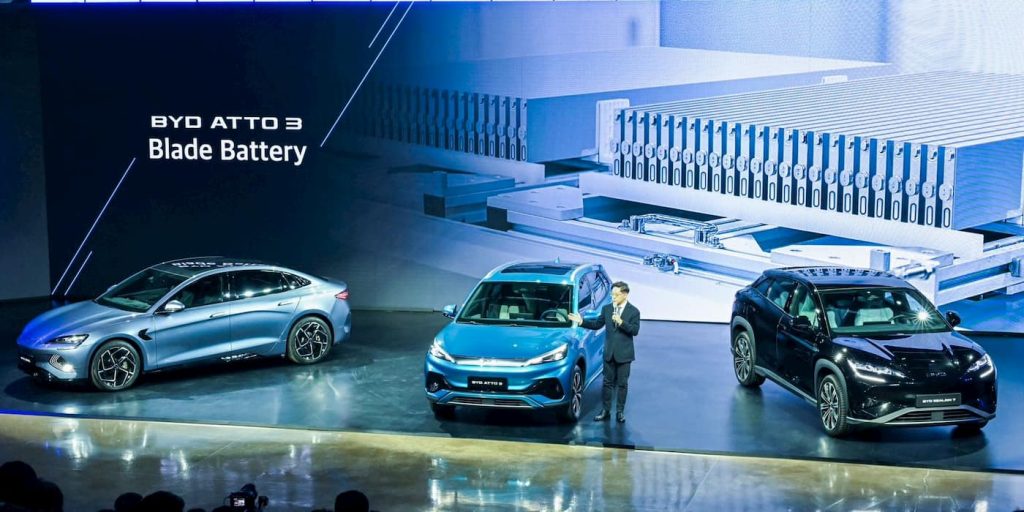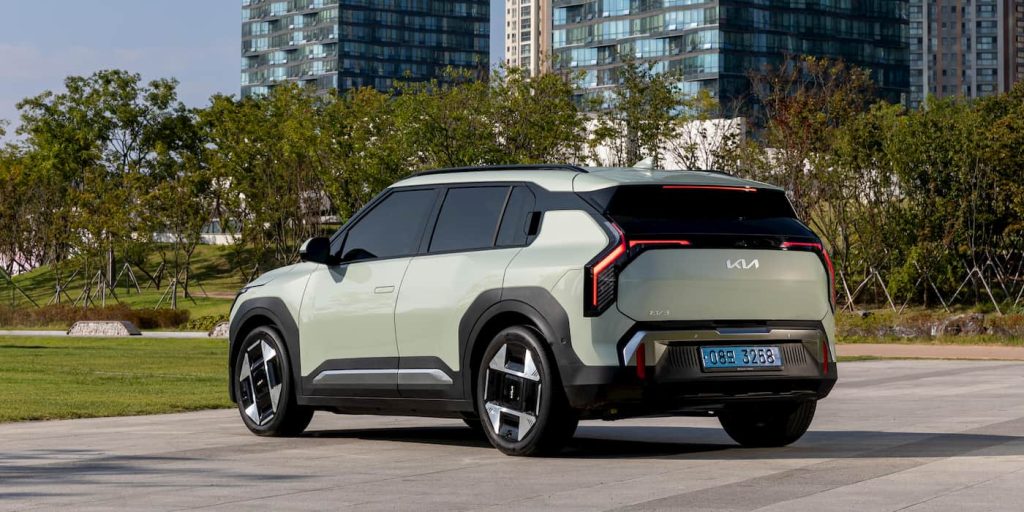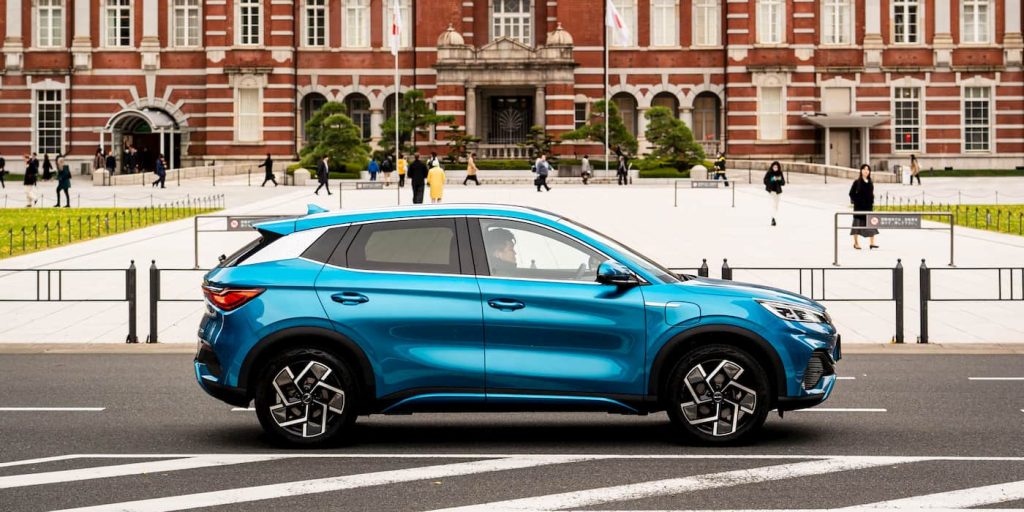
BYD is now taking Hyundai and Kia’s home market by storm. After launching the electric SUV just last week, BYD said its EV has already secured over 1,000 preorders in South Korea. Can it compete with Hyundai and Kia’s new low-cost EVs?
BYD’s first EV receives over 1,000 preorders in Korea
Last Thursday, January 16, BYD officially entered the South Korean car market. Orders opened for the Atto 3, BYD’s compact electric SUV, starting at just 31.5 million won, or around $21,600.
It’s available in two trims: Standard and Plus. Upgrading to the Plus costs 33 million won ($23,000) and adds features like a Dirac HD 8-speaker sound system, ventilated seats, and an electric tailgate.
Both models are powered by a 60.48 kWh BYD Blade battery, good for a driving range of 321 km (200 miles) in Korea.
According to local reports, BYD’s electric SUV is already more popular than expected. Auto blogger Sun Shaojun 09 broke the news (via Fast Technology) on Friday, claiming the Atto 3 received over 1,000 preorders in its first week in South Korea.

The report said about 90% of orders were for the Plus trim, and “Korean car reviewers are all talking about the BYD Atto 3.”
Later this year, BYD will expand its lineup, introducing the Tesla Model 3-like Seal and its new Sealion 7 electric SUV. The Chinese EV leader has opened 15 showrooms and 11 service centers in popular destinations like Seoul and Jeju Island.

With a wheelbase of 2,720 mm, the Atto 3 is about the size of Kia’s EV3 (2,680 mm) and the Hyundai Casper Electric (2,580 mm).
The Casper EV starts at 31.5 million won in South Korea, about the same as BYD’s electric SUV. Kia’s EV3 starts at 42.08 million won, or around $30,000. After releasing Q4 2024 results on Friday, Kia said the EV3 was the best-selling EV in South Korea during the second half of the year.

Since it uses an LFP battery, the Atto 3 is expected to receive less government support than the Hyundai and Kia models.
In its first full sales year in Japan, BYD sold more EVs than Toyota last year. Can it challenge Hyundai and Kia on their home turf? The Korean automakers are preparing to fight back with several mass-market EVs launching in 2025. Let us know your thoughts in the comments.
Source: Fast Technology, CarNewsChina
FTC: We use income earning auto affiliate links. More.



Comments